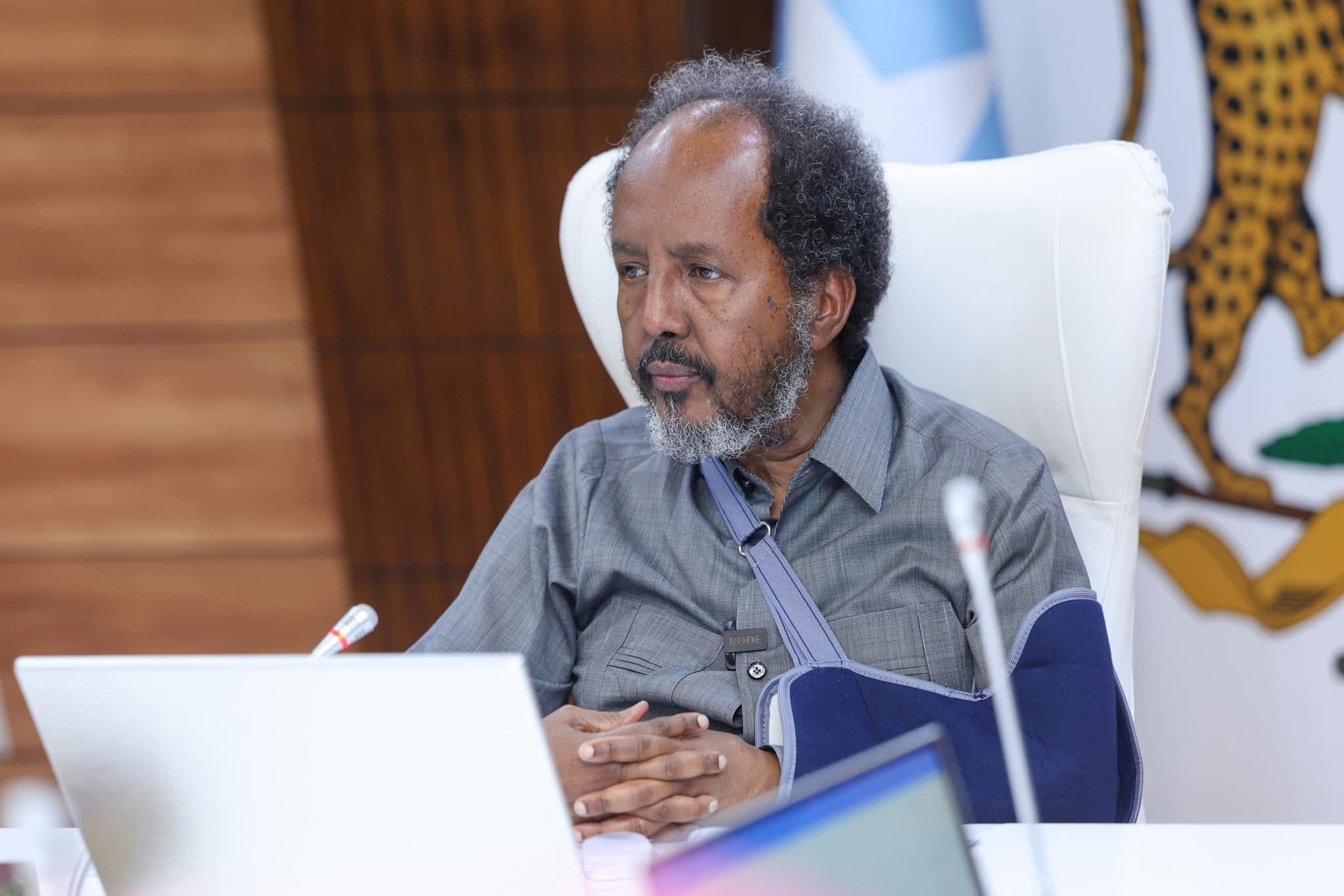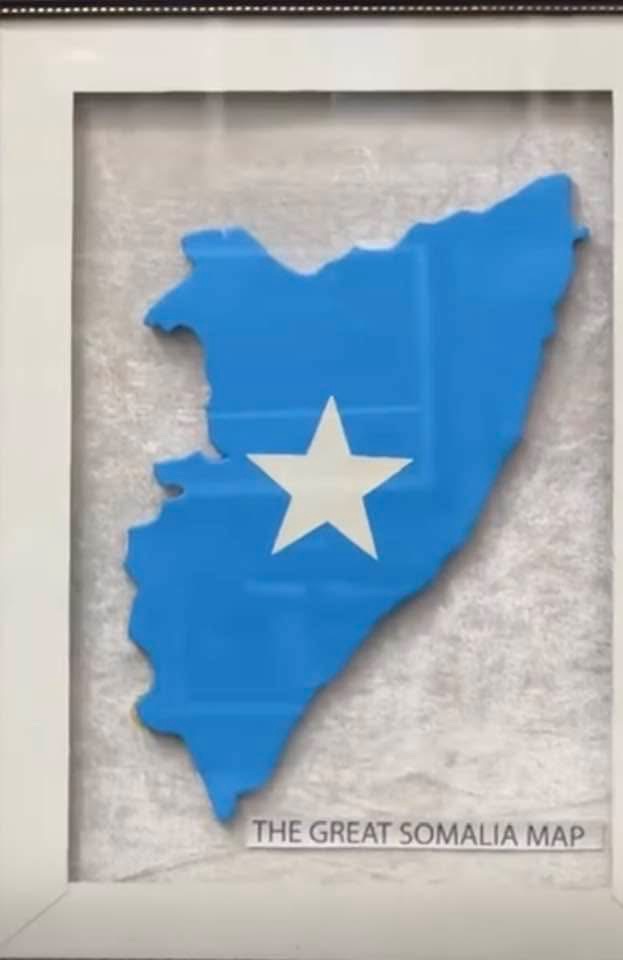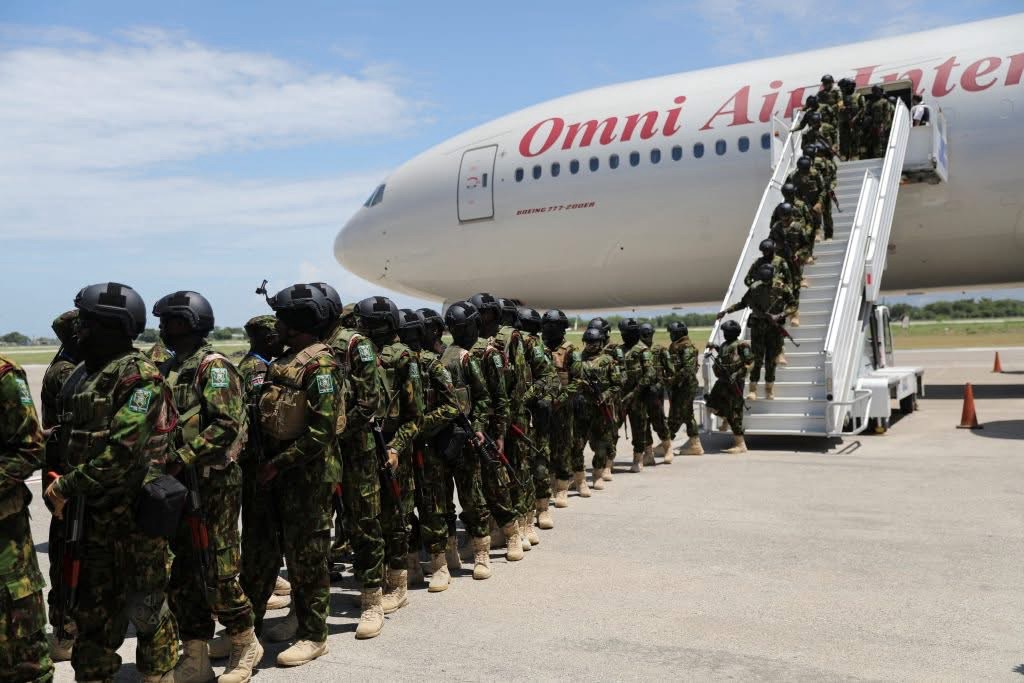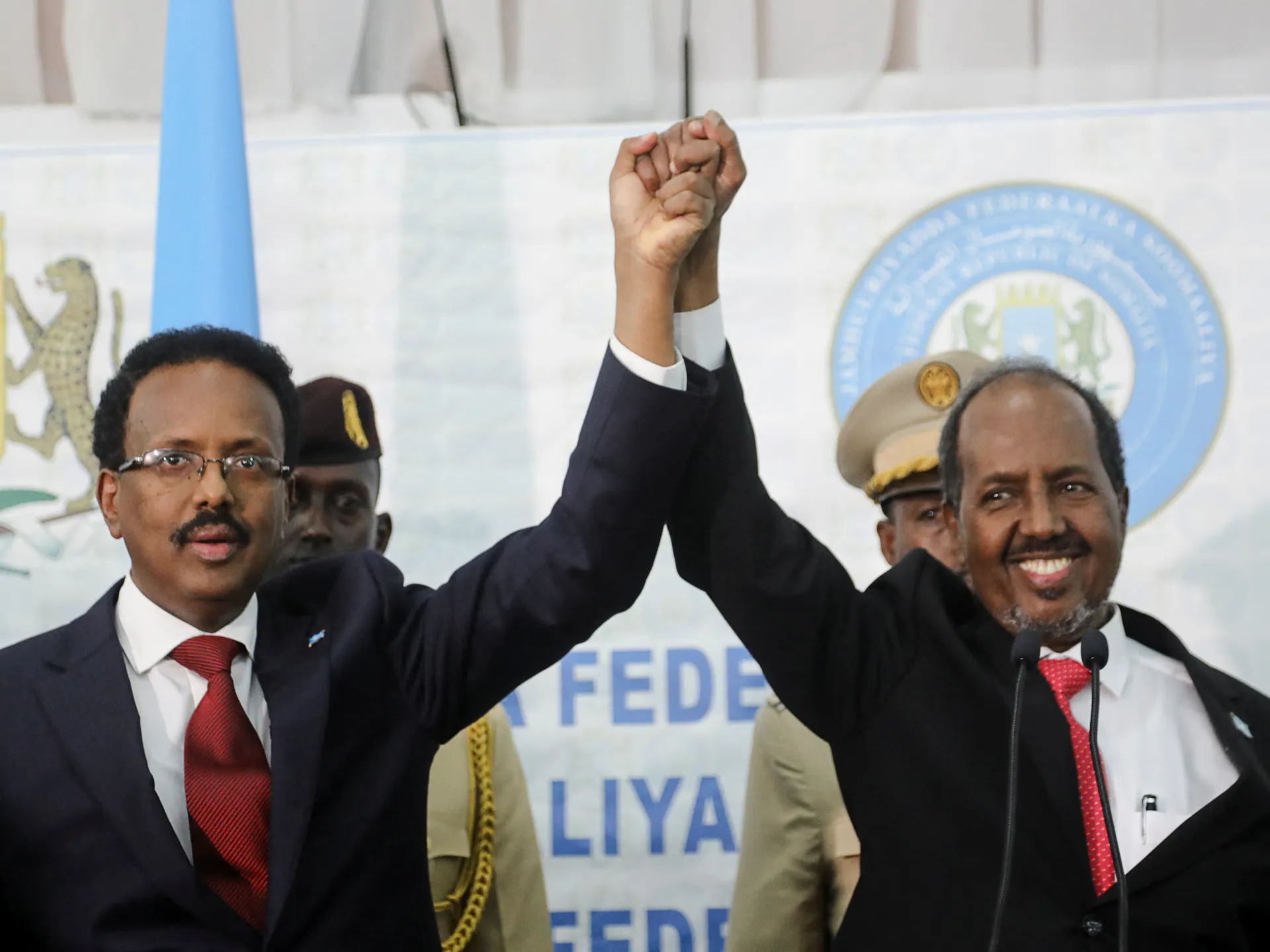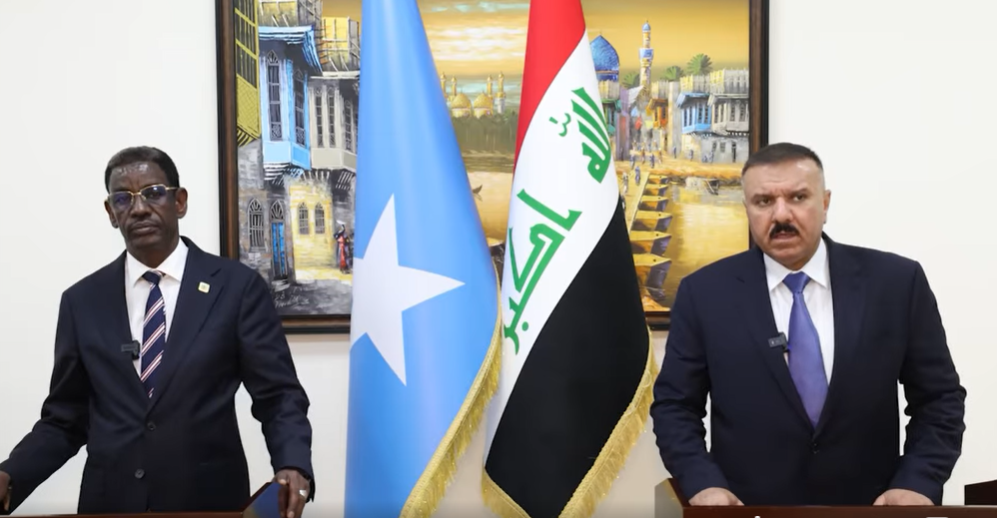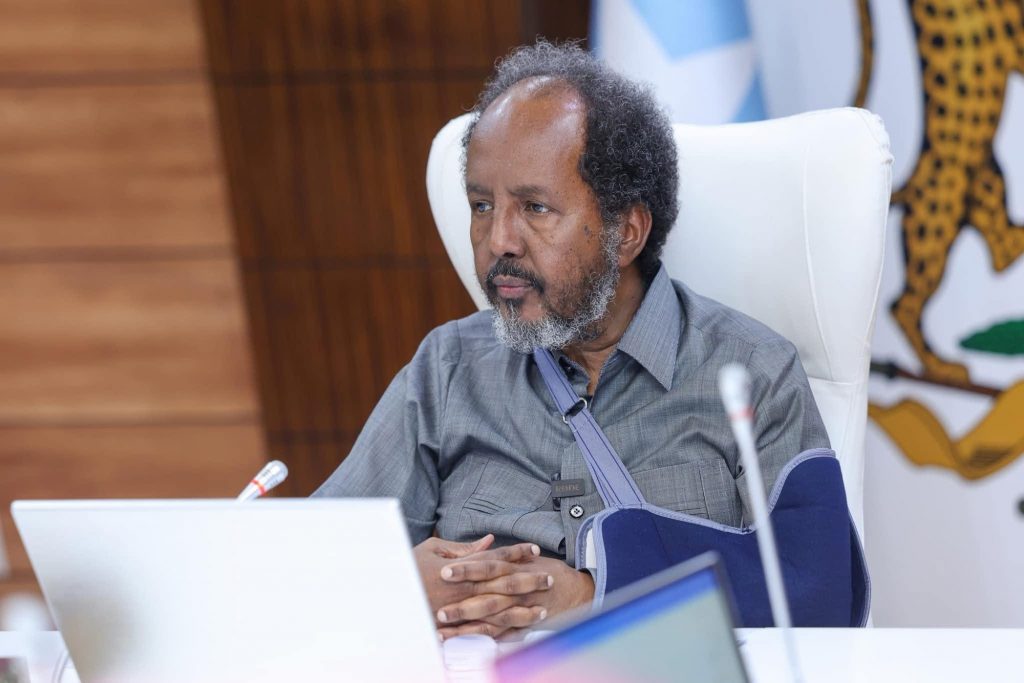
When Hassan Sheikh Mohamud returned to power in 2022, many Somalis hoped for a government that would focus on stability, economic recovery, and security. Instead, his tenure has been marred by corruption, nepotism, and weak governance, leaving the country more divided and vulnerable than ever. From land grabs and monopolized industries to misuse of state resources and constitutional manipulations, the current administration has failed to deliver on its promises.
Public Land for the Wealthy, Evictions for the Poor
One of the most disturbing developments under Hassan Sheikh’s leadership has been the systematic seizure of public land, often at the expense of internally displaced persons (IDPs). These are people who have already lost everything due to conflict and natural disasters, yet instead of protecting them, the government has allowed powerful elites to take over their land. Forced evictions have become common, and those affected have little to no legal recourse.
If a government cannot protect its most vulnerable citizens, what legitimacy does it have? Hassan Sheikh’s administration has shown that it prioritizes the interests of the wealthy and well-connected over the needs of ordinary Somalis.
Arms Smuggling and a Failing Security Strategy
Security remains Somalia’s biggest challenge, yet reports suggest that individuals close to the president have been involved in smuggling weapons into the country. This is deeply troubling, given that Al-Shabaab remains a persistent threat. Rather than strengthening the Somali National Army (SNA) and ensuring soldiers have the necessary support, the government’s mismanagement has led to several defeats on the battlefield.
The Somali military has suffered from unpaid wages, lack of supplies, and poor leadership. Instead of addressing these issues, Hassan Sheikh’s administration has focused more on political maneuvering than real security reforms. This has resulted in lost territory and emboldened terrorist groups.
Monopolizing the Economy for the Few
For years, Somalia’s livestock export industry has been a crucial economic pillar, supporting millions of pastoralists. However, under this administration, the sector has been monopolized by a small group of individuals with strong political connections. Independent traders are being pushed out, and prices are being manipulated to benefit the few at the expense of the many.
This pattern of economic favoritism is not new, but under Hassan Sheikh, it has intensified. Instead of fostering a free and fair economy, the government has created an environment where success depends on personal relationships rather than merit and hard work.
The Endless Foreign Trips That Yield Nothing
Another major concern is the president’s excessive foreign travel. Hassan Sheikh has spent millions of dollars on diplomatic trips, yet there is little to show for it. Somalia remains heavily dependent on foreign aid, and there has been no significant investment or trade agreements that justify these expenses.
At a time when Somalia is struggling with inflation, food insecurity, and joblessness, the president’s foreign trips come across as a wasteful indulgence. The Somali people need real solutions, not photo opportunities with foreign leaders.
Nepotism and Weak Institutions
One of the biggest failures of this administration is its reliance on nepotism. Key government positions are not filled based on merit but on personal and clan-based connections. This has resulted in a weak and inefficient public sector, where corruption thrives, and service delivery is almost nonexistent.
When officials are chosen based on loyalty rather than competence, the result is predictable: government agencies become dysfunctional, resources are mismanaged, and public trust erodes. Sadly, this is exactly what has happened under Hassan Sheikh’s rule.
Strained Relations with Regional States
Somalia’s federal system relies on cooperation between the central government and regional states. However, under Hassan Sheikh, relations with regional leaders have deteriorated significantly. Many accuse the federal government of interference, favoritism, and attempts to centralize power at the expense of regional autonomy.
This has created unnecessary political tensions, making it harder to coordinate security efforts, implement development projects, and govern effectively. A president who truly cares about national unity would work towards inclusive governance, not political divisions.
Constitutional Manipulations and Election Delays
Perhaps the most alarming issue is the government’s attempt to change the interim constitution without broad consensus. Constitutional amendments should be a transparent process involving all stakeholders, yet Hassan Sheikh’s administration has pushed for changes that seem to benefit a select few.
There are also growing fears that the next elections could be delayed. Given the current administration’s track record, many suspect that Hassan Sheikh and his allies are laying the groundwork to extend their stay in power. This would be a dangerous precedent for Somalia’s fragile democracy.
Final Thoughts: A Presidency of Lost Hope
Somalia is at a crossroads. After years of conflict and instability, the country needs a leadership that prioritizes good governance, security, and economic growth. Unfortunately, Hassan Sheikh Mohamud’s presidency has failed to meet these expectations. Instead of tackling corruption, he has allowed it to flourish. Instead of strengthening institutions, he has weakened them. Instead of uniting the country, he has deepened divisions.
The Somali people deserve better. They deserve a government that is accountable, transparent, and committed to national progress. As 2025 approaches, one question remains: will Somalia’s leadership correct its course, or will it continue down this dangerous path? Only time will tell—but history will not be kind to those who put personal gain above the nation’s future.
